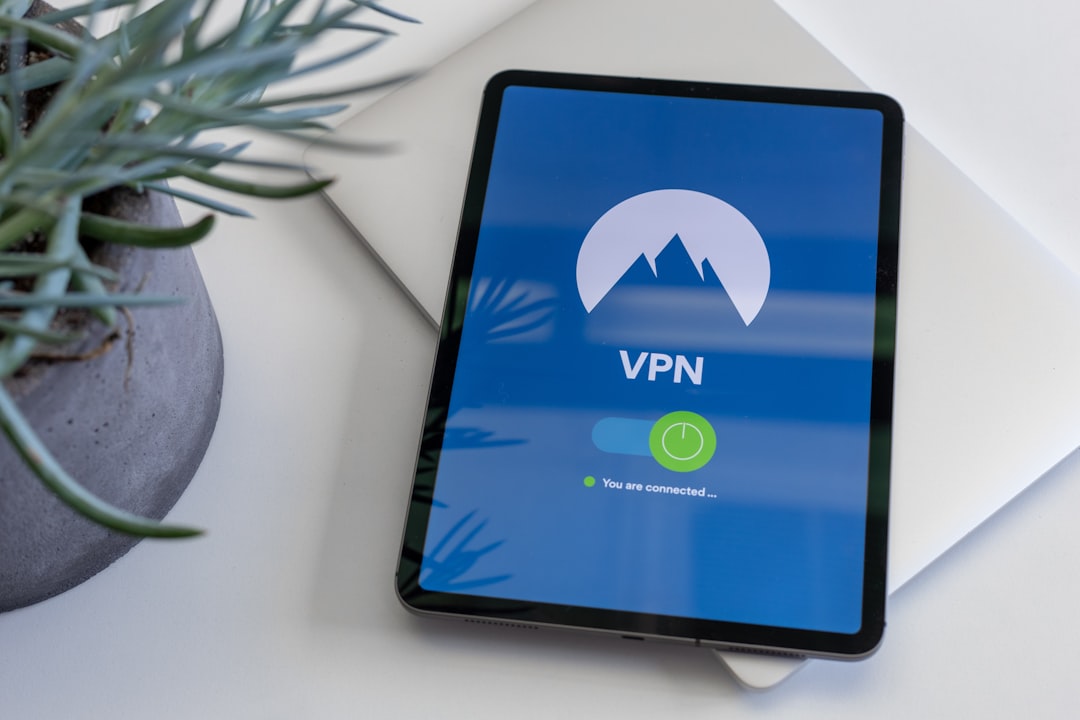Streaming your favorite movies in high quality has become a staple of home entertainment. Whether you’re binging a new series or catching the latest blockbuster, nothing is more frustrating than pixelated video or endless buffering. You may have heard that a VPN (Virtual Private Network) can solve these issues—but can it really improve the quality of your movie streaming experience?
What is a VPN and How Does It Work?
A VPN is a secure tunnel between your device and the internet. It reroutes your internet connection through a server in a different location and encrypts your data in the process. This can provide several benefits, particularly when it comes to privacy and online security. But in the context of streaming movies, the key features of a VPN are:
- Location masking – Appearing as though you’re in a different country can unlock content libraries not available in your region.
- Bypassing ISP throttling – Some internet service providers (ISPs) intentionally slow down your connection when they detect you’re streaming.
- Stability in connection – A good VPN can offer a more consistent connection by avoiding congested network routes.
Overcoming Geo-Restrictions
Streaming services like Netflix, Disney+, Hulu, and Amazon Prime Video often restrict content based on geographic location. If you’ve ever noticed that a show available in one country isn’t accessible in another, that’s due to licensing agreements. With a VPN, you can connect to a server located in a country where your desired content is available, potentially expanding your streaming options significantly.

Can a VPN Really Improve Streaming Quality?
This is where the answer gets a little more nuanced. In most cases, a VPN isn’t going to increase your actual internet speed beyond what your ISP is providing. However, there are specific cases where using a VPN can result in better streaming performance:
1. Avoiding ISP Throttling
Some ISPs practice “bandwidth throttling,” which means they intentionally reduce your speed when they detect high-volume traffic like video streaming. A VPN encrypts your traffic, hiding it from your ISP. As a result, your ISP may not flag you as a heavy user, helping to maintain your speeds.
2. Better Routing
Sometimes, the direct route your data travels through your ISP to reach the streaming service isn’t efficient. VPNs reroute your traffic, and in some cases, this alternative path can be quicker and more stable, leading to fewer buffering interruptions and smoother playback.
3. Access to Different Streaming Libraries
In some regions, streaming servers might be overloaded or have limited functionality. By switching to a server located in a different country, you might gain access to better infrastructure, improving the overall experience. Additionally, accessing content in different time zones can occasionally mean less network congestion during off-peak hours.
Potential Downsides of Using a VPN for Streaming
While VPNs can offer benefits, there are also some drawbacks to consider:
- Speed reduction – VPN encryption can slightly slow down your connection, especially if the VPN server is far from your physical location.
- Service blockage – Some streaming services actively block VPN usage. Not all VPNs can bypass these restrictions reliably.
- Cost – Reliable VPNs typically come at a monthly cost, although the investment might be worthwhile for frequent streamers.

Choosing the Right VPN for Streaming
If you decide to use a VPN to potentially improve your streaming quality, make sure to choose one that is known for high-speed performance and excellent server coverage. Look for VPNs that specifically advertise streaming capabilities and offer unlimited data. Features like a “kill switch” and DNS leak protection add extra layers of security, but for streaming, the most important criteria remain:
- High-speed servers in multiple countries
- Compatibility with streaming platforms
- Reliable customer support
Conclusion
So, can a VPN improve your streaming quality? The answer is: it depends. While a VPN won’t magically increase your internet speed, it can help bypass limitations imposed by your ISP, provide access to high-performance servers, and unlock a wider range of content. For many users, these advantages make using a VPN worthwhile—especially those looking for a smoother and more flexible movie streaming experience.
Make sure to opt for a reputable VPN service designed for streaming, and always keep in mind that results can vary depending on your location, internet provider, and the streaming service you’re using.



